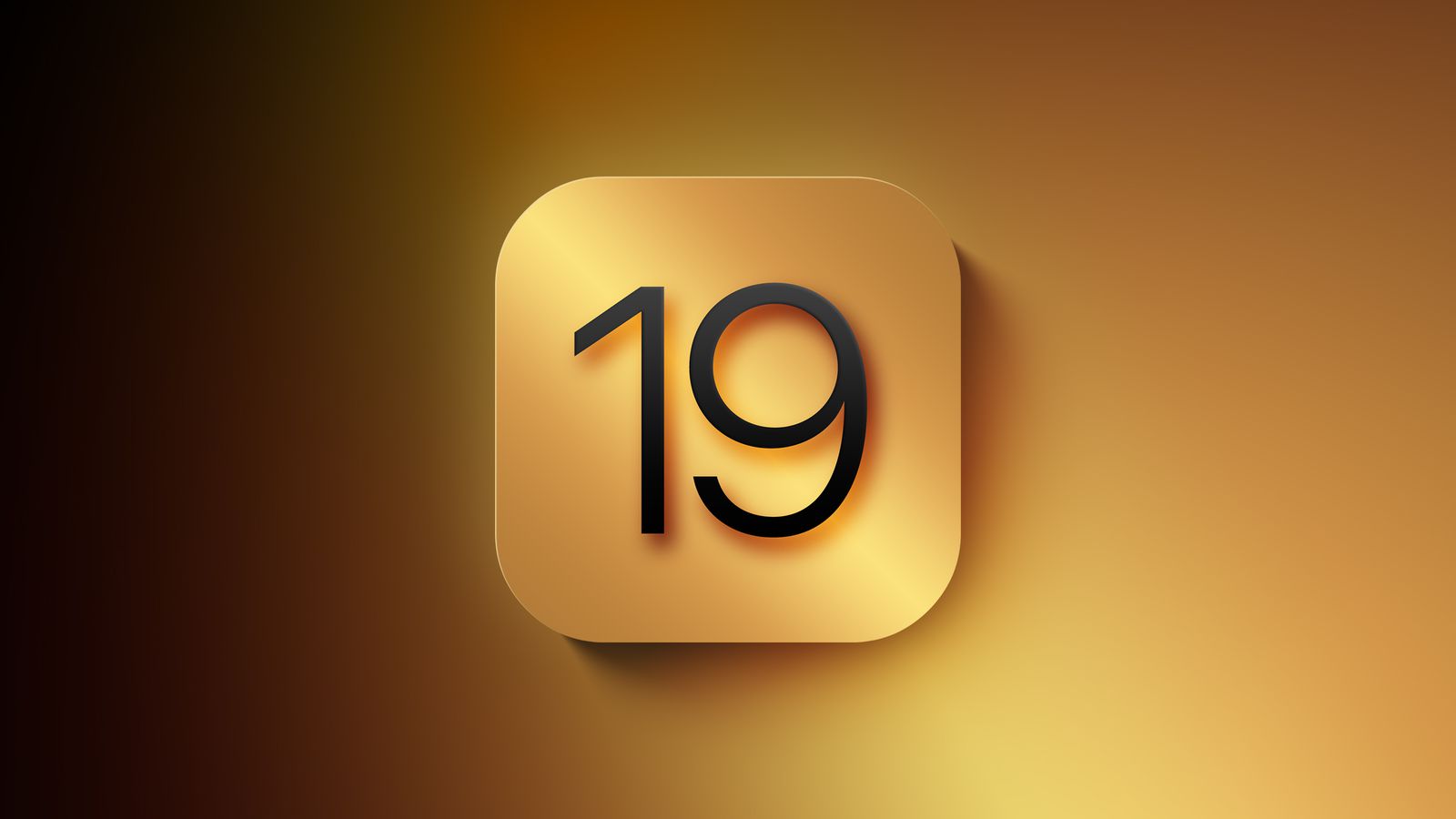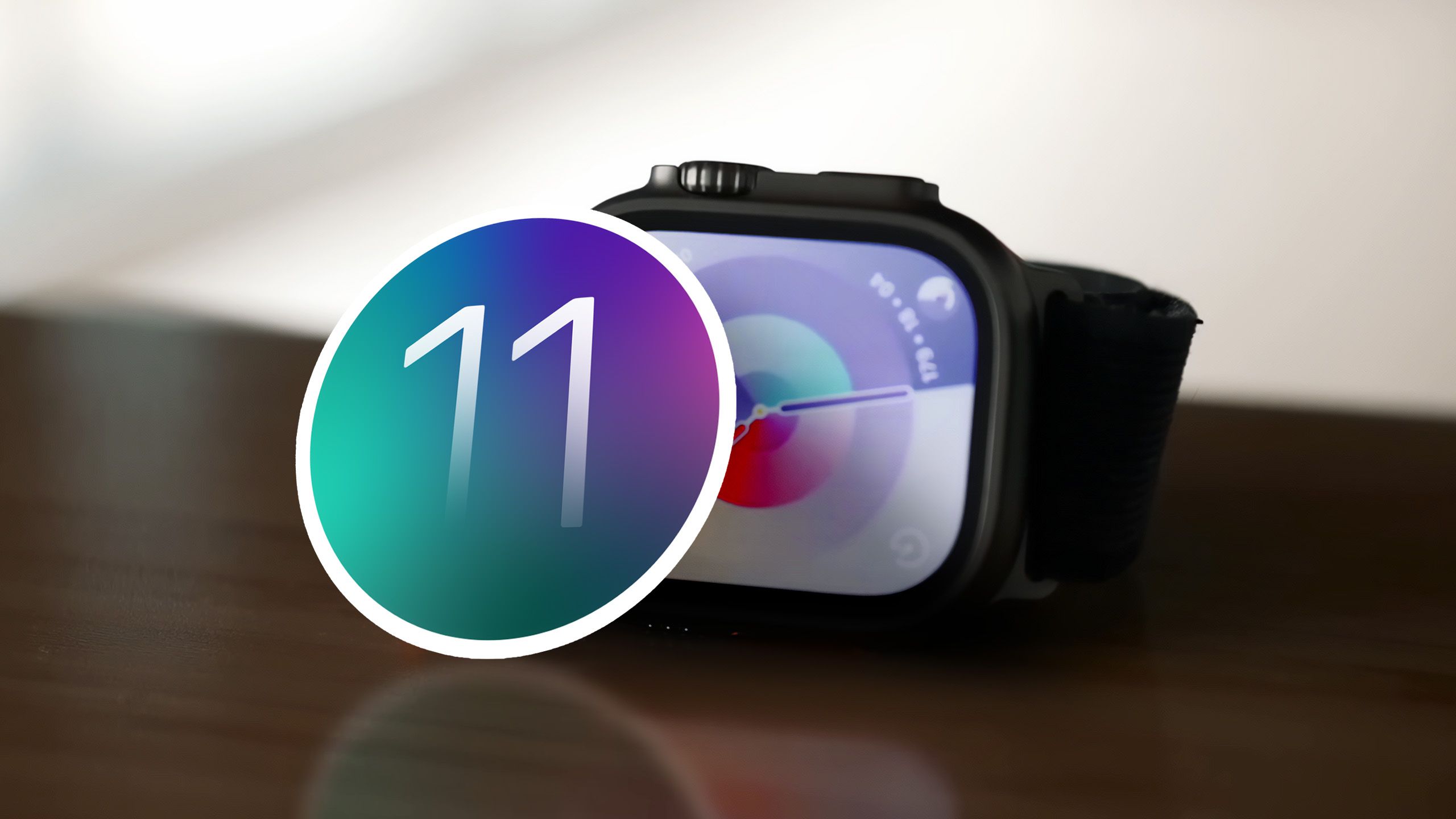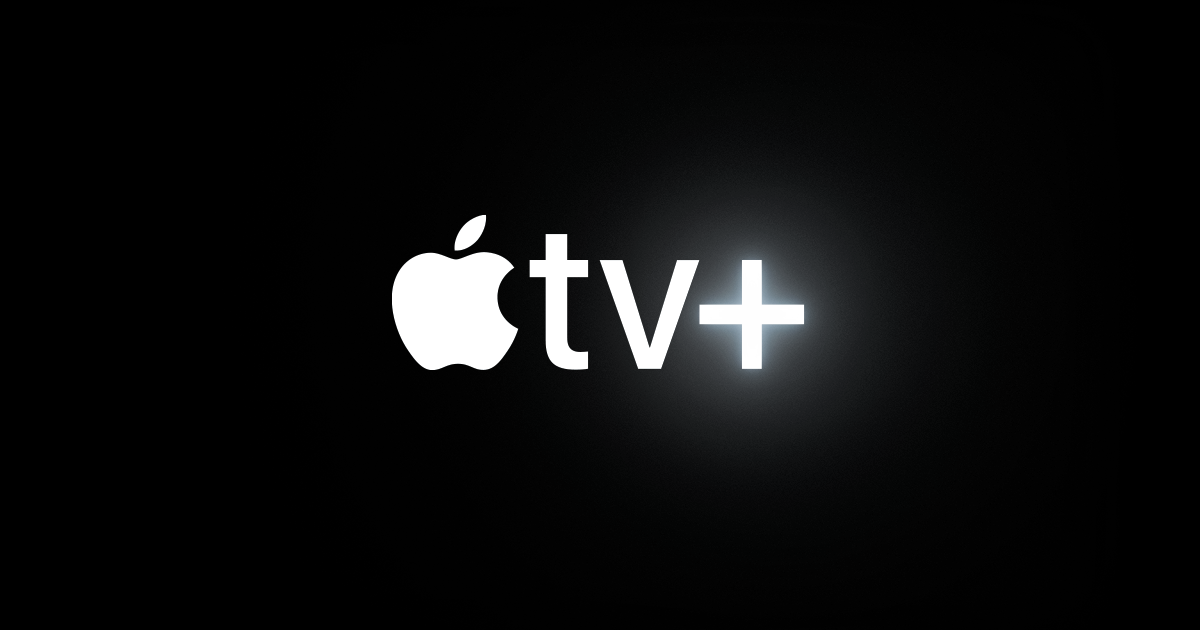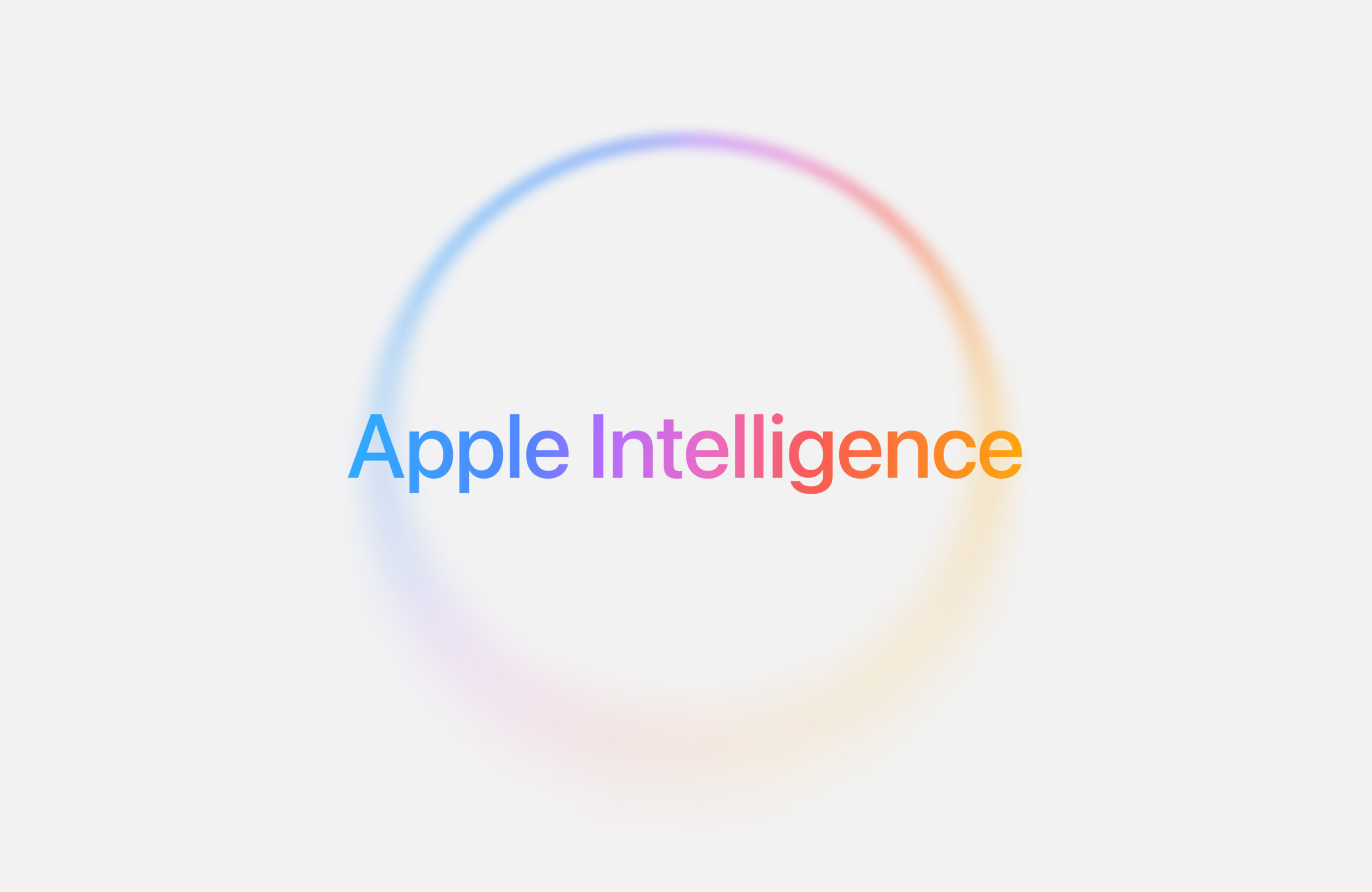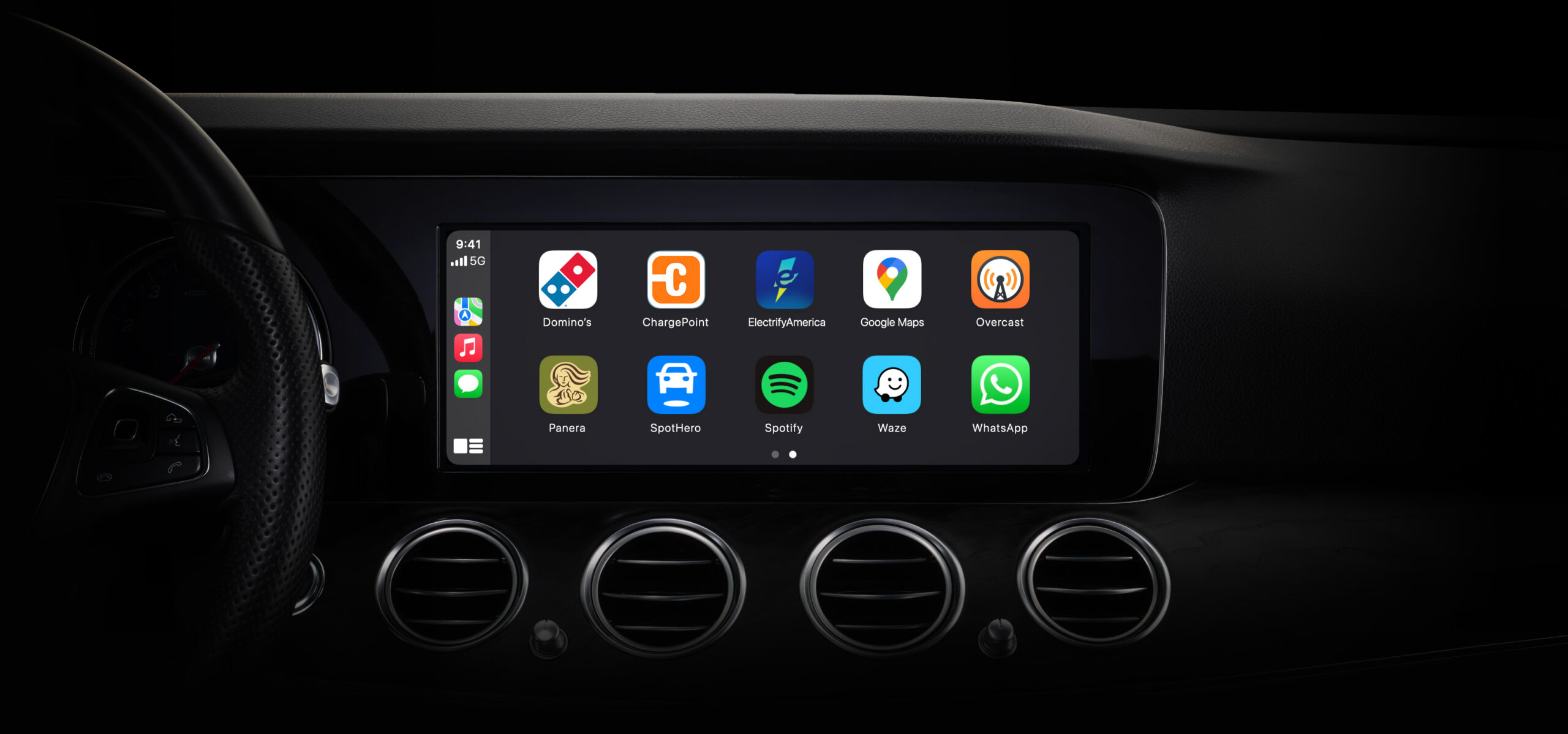Google is giving Gmail on iPhone and iPad a new look by updating it with the Material You (Material 3) design style. This update changes how things look, making the app feel more modern and in line with other Google apps.
One of the main changes is the updated top bar. It now has a rounded search field that takes up the full width, along with a profile picture on the right. The Gmail logo is now smaller and moved to the left, giving the app a cleaner appearance. This design is already used in other Google apps like Drive and Docs on iOS.
The main screen still shows your email list, and the overall layout hasn’t changed much. However, everything looks more polished thanks to small design updates, like better use of space and more consistent colors.
This redesign brings Gmail for iOS closer to the look of its Android version, which already received the Material You style earlier. The update started rolling out through version 6.0.240421, so if you haven’t seen it yet, it should arrive soon via the App Store.
Google continues to refresh its apps to match the latest design trends, and this Gmail update is part of that effort to make its apps more unified and user-friendly.

